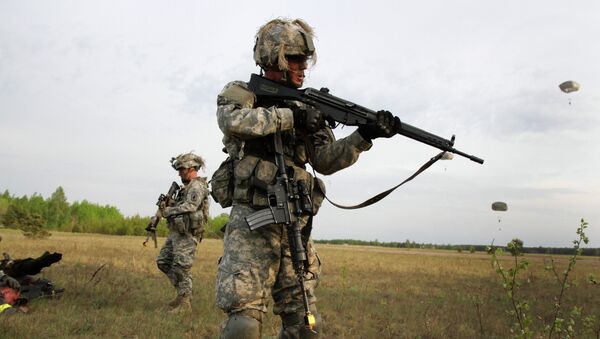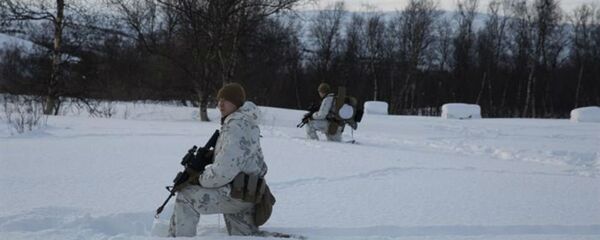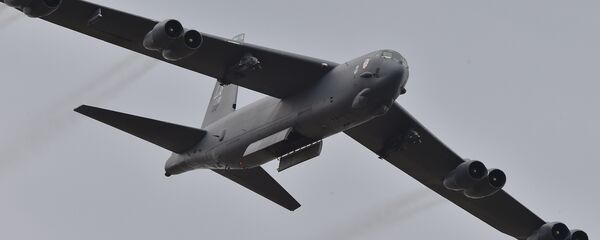War College professor and report author John R. Deni noted that moving troops back and forth from the US is a tactic that goes back decades, as it was thought to be most efficient, but this assumption is shown to be false upon examination of rotation costs over the last several years. Long deployments away from a home base can also negatively impact troop morale, he said.
The report also found that units sent to Europe and South Korea had lower rates of re-enlistment than their counterparts.
During an Atlantic Council panel in Washington on Wednesday to discuss Deni’s findings, he advised that there should be an additional armed brigade each in South Korea and Europe, including enablers and aviation assets.
"We’ve got some actual hard data now," he explained, according to Stars and Stripes. "There seems to be universal agreement that the rotational model has cost us more than it would to forward station an [armored brigade combat team]."
Not only would brigades based in South Korea and Europe be less expensive over an extended period of time, it would also help show Washington’s allies that the US is committed to their partnership.
The study, which is set for a July release, indicates that it costs roughly $135 million more per year to maintain a presence for armored brigades rotating to Europe from the US.
It has been argued that overseas units are more expensive due to the higher housing costs, operating schools for the children of military families and frequent permanent changes of station.
But this overlooks the costs of moving brigades and their equipment back and forth, according to Deni. Pre-deployment training and incentive pay add to rotation costs as well, while units stationed overseas don’t incur such costs.
According to the report, positioning a US-based armored brigade in Germany would cost $1.05 billion, while a single rotation of a brigade to Europe would cost about $1.19 billion.
Deni also reasons that long rotations in South Korea and Europe may be damaging to morale because they tend to be as long as combat tours but don’t come with the gratification of receiving a combat patch at the end.
He suggested that troops are "dissatisfied" with long rotations, though there isn’t enough data to make a direct connection.




